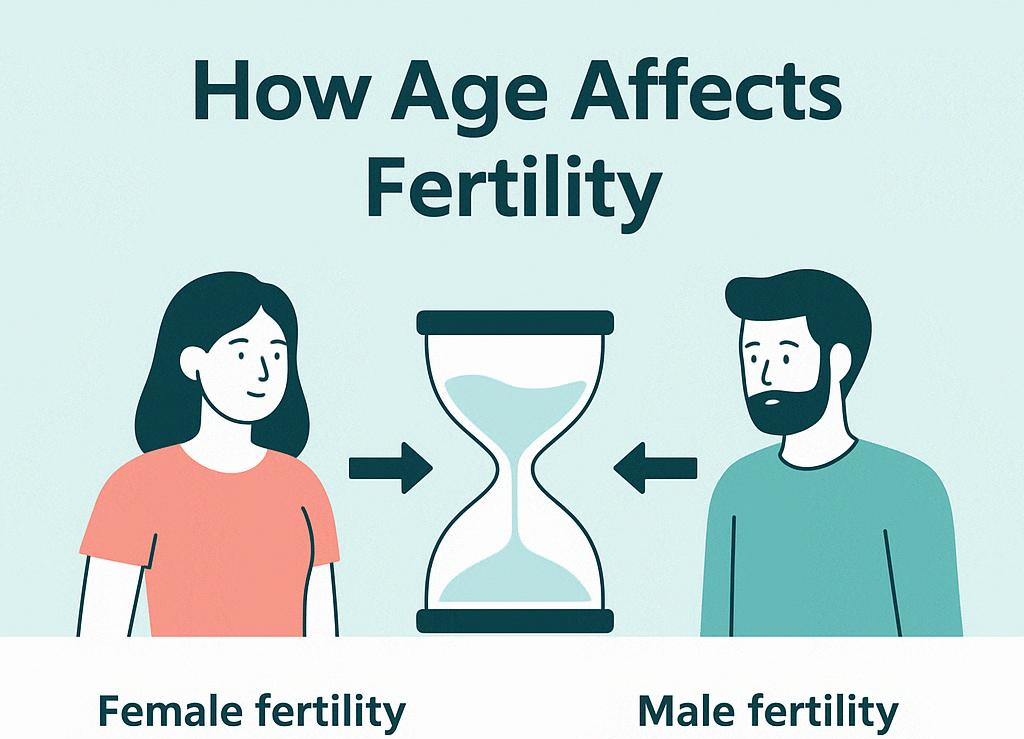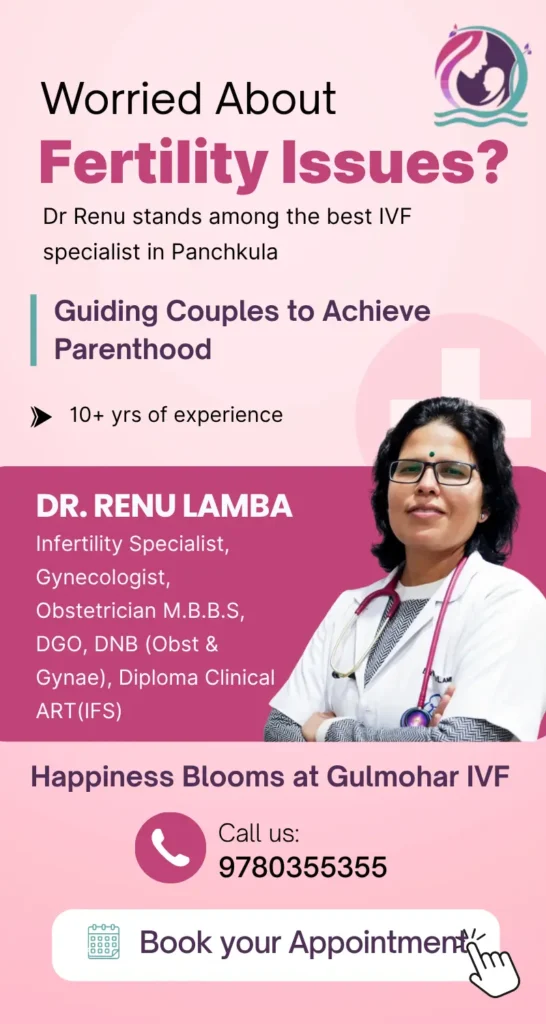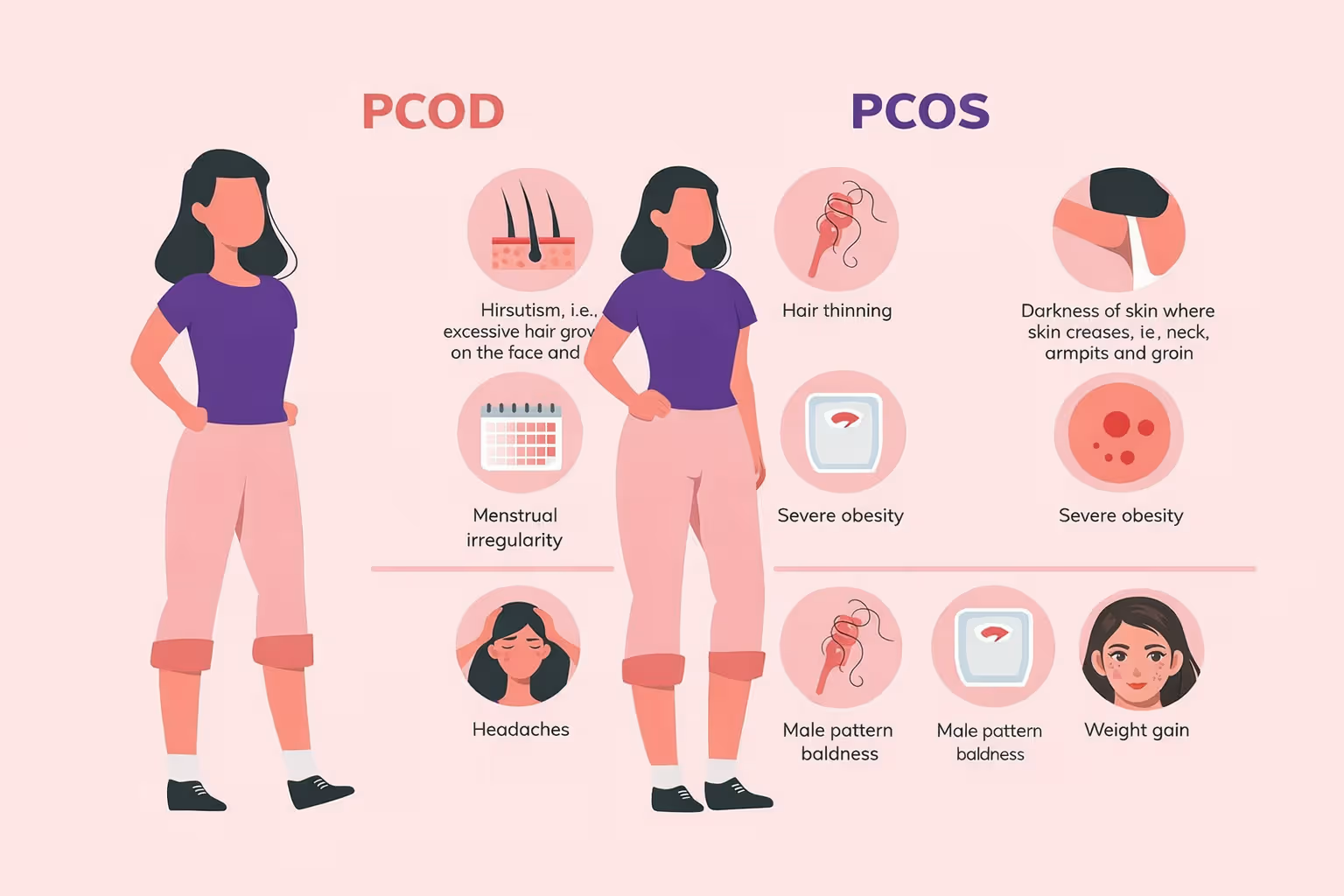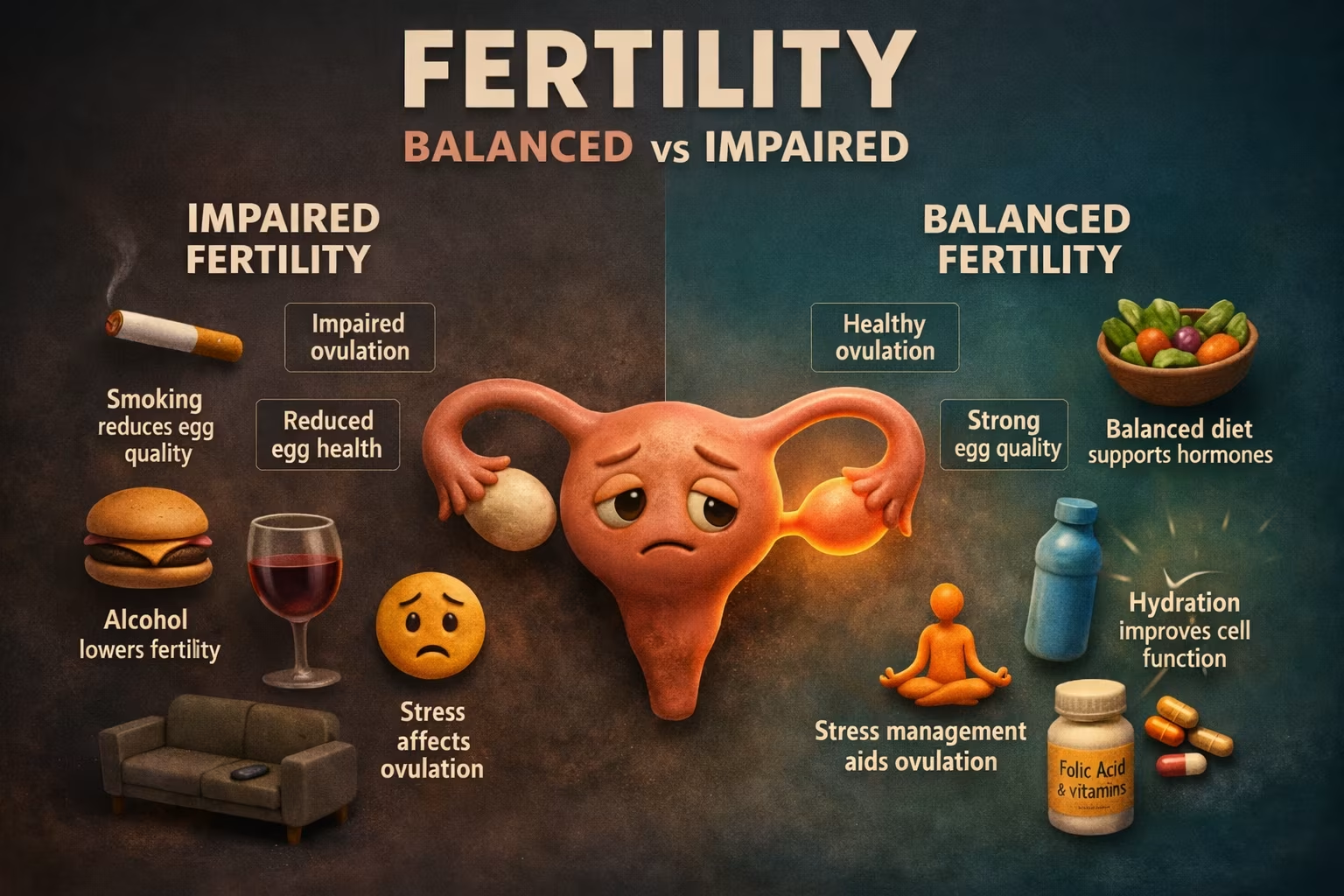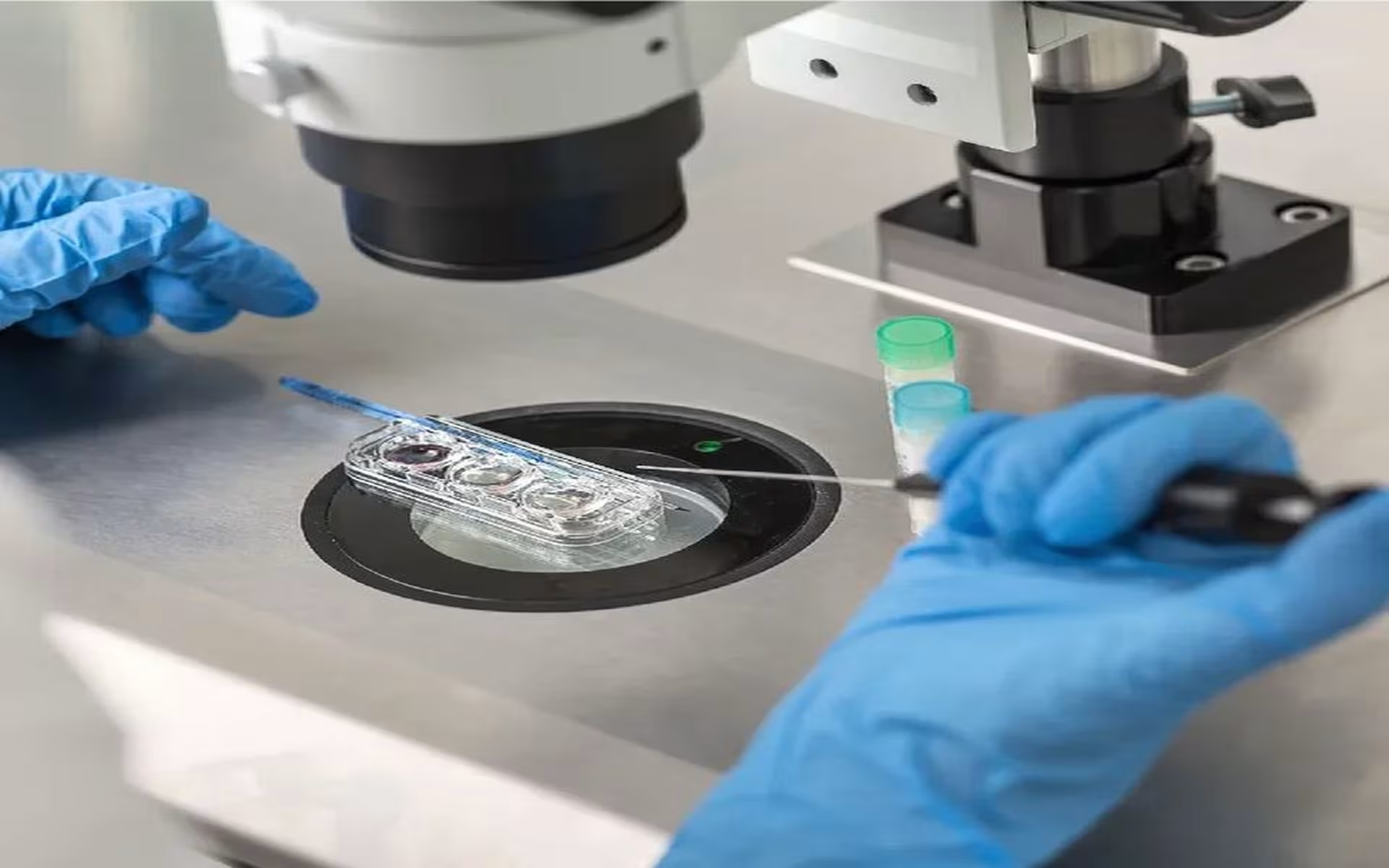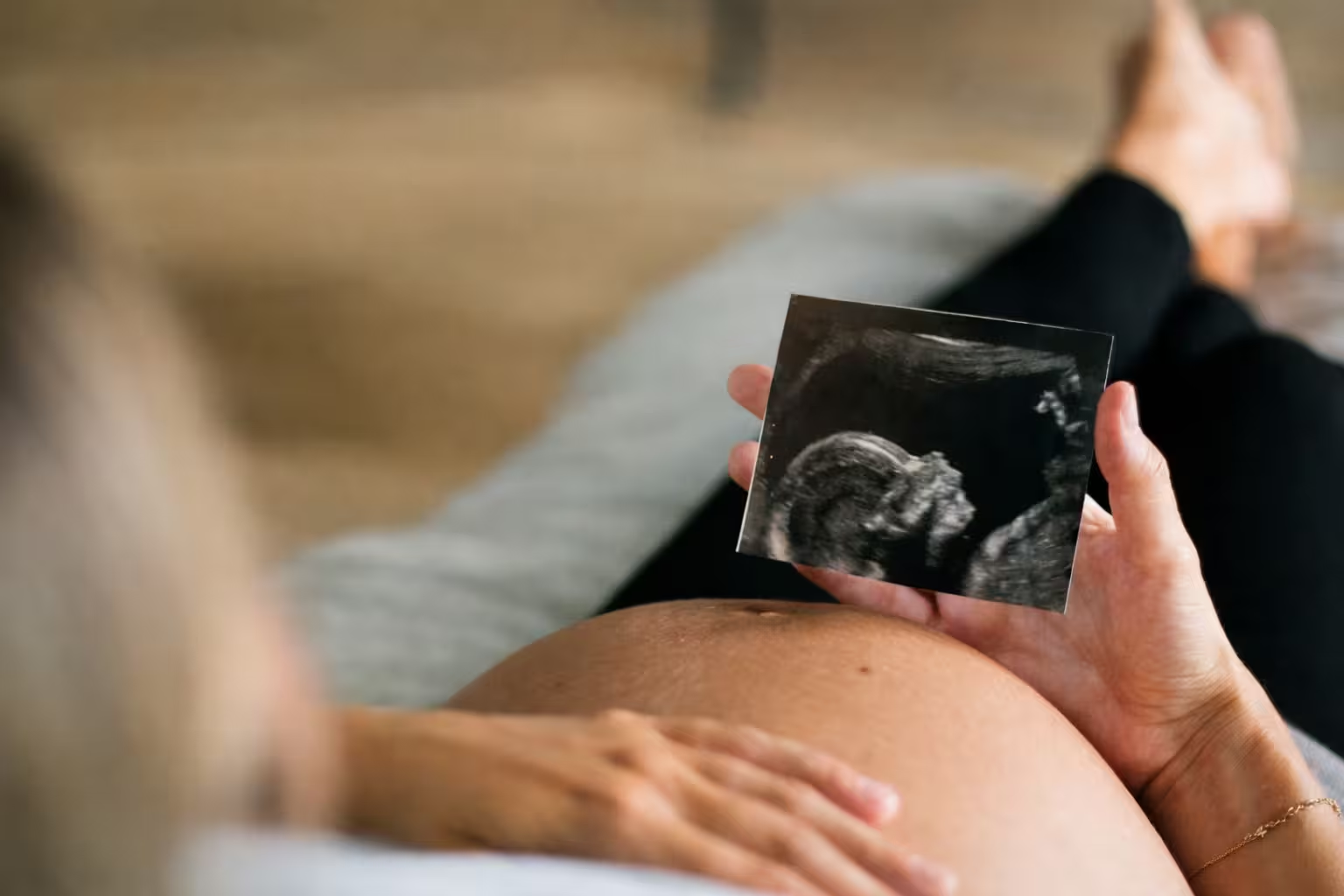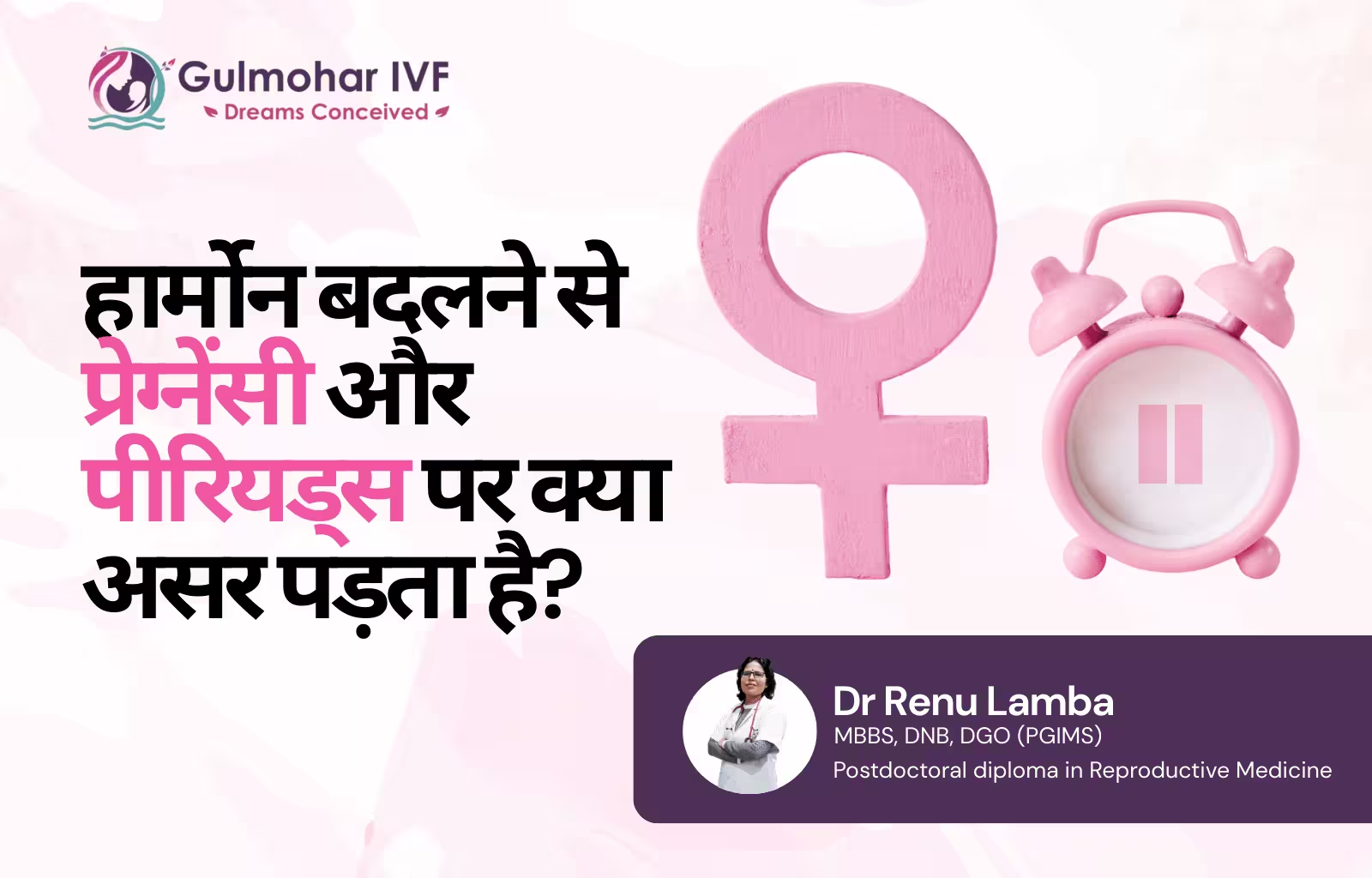Understanding the Link Between Age and Fertility
Fertility doesn’t remain constant throughout life. While many couples wait until their 30s or 40s to start a family, biological fertility begins to decline with age, especially in women.
It’s common to assume you’ll conceive when you’re ready—but age plays a crucial role in fertility success rates, both naturally and with treatments like IVF.
At Gulmohar IVF, Panchkula, we guide couples through age-related fertility planning and treatment with care, transparency, and expertise.
How Age Affects Female Fertility
Women are born with all the eggs they’ll ever have. As age increases:
- The number of eggs (ovarian reserve) declines.
- The quality of remaining eggs also drops.
- The risk of chromosomal abnormalities in eggs increases, reducing chances of healthy pregnancy.
Fertility Decline by Age (for Women):
| Age Range | Natural Conception Chances per Month | IVF Success Rate per Cycle |
|---|---|---|
| Under 30 | 25–30% | 50–60% |
| 30–34 | 20–25% | 40–50% |
| 35–37 | 15–20% | 35–45% |
| 38–40 | 10–15% | 25–35% |
| 41–44 | 5–10% | 10–20% |
| Over 44 | <5% | <10% (usually with donor eggs) |
Important: Fertility declines more sharply after age 35 and even more so after 40.
How Age Affects Male Fertility
Although men produce sperm throughout life, male fertility also declines with age.
- Sperm motility and count reduce after age 40
- Higher chances of DNA fragmentation, affecting embryo quality
- Increased risk of genetic disorders and miscarriage
However, age-related male fertility issues are often easier to manage with medical intervention.
When Should You Worry About Age and Fertility?
You should consult a fertility specialist if:
- You’re under 35 and trying for over 12 months
- You’re over 35 and haven’t conceived in 6 months
- You’re over 40 and trying for any duration without success
- You have irregular periods, PCOS, or a family history of early menopause
💡 Related Read: Facing fertility challenges? Explore the Common Causes of Infertility & When to Seek a Specialist
What Can You Do to Improve Fertility with Age?
1. Don’t Delay Evaluation
Start with simple fertility tests—like AMH levels, antral follicle count, or semen analysis—to understand where you stand.
2. Adopt a Fertility-Friendly Lifestyle
- Eat nutrient-rich foods that support reproductive health (folate, omega-3s, zinc)
- Maintain a healthy BMI
- Avoid smoking, alcohol, and excessive caffeine
- Get 7–8 hours of quality sleep
- Exercise moderately and manage stress
3. Consider Fertility Preservation
If you’re not ready for pregnancy now, consider:
- Egg freezing (ideally before 35)
- Embryo freezing with a partner
- Sperm freezing for men in their late 30s
4. Start IVF Early If Needed
The sooner you start IVF after 35, the better your chances. IVF may also be combined with ICSI, donor eggs, or PGT-A (genetic testing) for higher success.
💡 Related Read: Learn more about Success Factors in IVF: Lifestyle, Age & Medical Factors
Is It Possible to Get Pregnant After 40?
Yes—but it often requires medical help. IVF using your own eggs may work if your ovarian reserve is still adequate. For many women over 42, donor egg IVF offers better success rates and lower risks.
At Gulmohar IVF, we have helped many women conceive after 40 using a combination of personalized care and cutting-edge treatment.
Final Thoughts: Plan Early, Decide Wisely
Age plays a significant role in fertility. But that doesn’t mean your journey ends at 35 or 40. With timely planning, lifestyle changes, and expert support, you still have options.
📍 Location: Panchkula, Haryana
📞 Call Us: 91 9780 355 355
📅 Book Your Fertility Consultation
📢 Stay informed. Follow Gulmohar IVF for trusted fertility advice and updates.
FAQ Section: Age and Fertility
1. What is the best age for a woman to get pregnant?
The ideal age is under 35, where both natural and IVF fertility rates are highest.
2. Can I get pregnant at 40 naturally?
It’s possible, but chances are lower. Most women over 40 require assisted reproductive technologies like IVF.
3. Does a man’s age affect fertility too?
Yes. After age 40, sperm quality may decline, increasing risks of miscarriage and birth defects.
4. Can freezing eggs help if I want to delay pregnancy?
Yes. Egg freezing is highly recommended for women who plan to conceive later, especially before 35.
🔒 Disclaimer
This article is for informational purposes only and does not replace professional medical advice. For diagnosis and treatment, consult a qualified fertility specialist..


